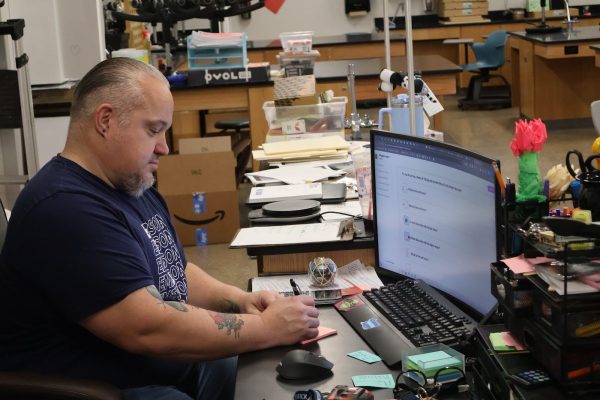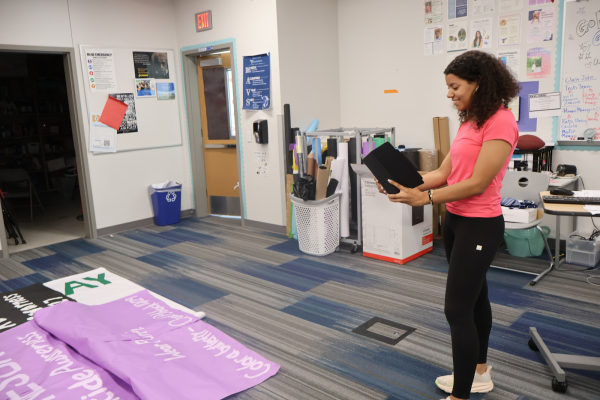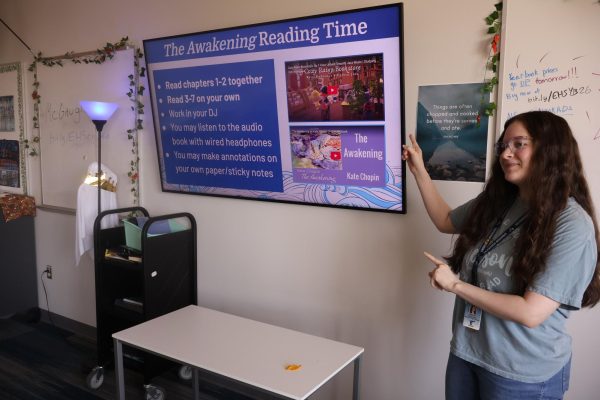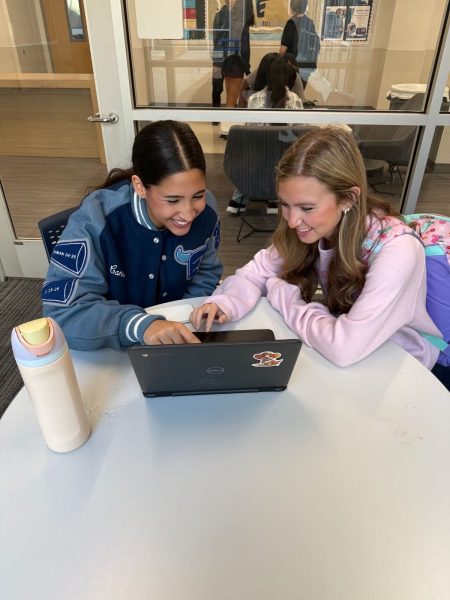Culture Feature: Diwali
Diwali (pronounced Dhee-va-li) is a popular holiday celebrated by many countries and religions throughout South Asia. Depending on the Hindu calendar, the date on which Diwali falls differs, but the reason it is celebrated and various traditions remain the same.
But what is Diwali? What is the story behind the widely recognized holiday, and how is it celebrated?
“The way I tell the story behind Diwali is that Sri Krishna had to fight his evil son, and he ended up defeating and killing him,” junior Shriya Kesaraju Venkata said. “This led to the gloomy, gray days of that era coming to an end, and ever since then, the sun has shined brightly, which is why Diwali is called the festival of lights.”
The story behind Diwali is told in many different ways depending on what part of South Asia you are from.
“With Diwali, the way that my family tells the story is how Lord Rama went to face exile because his Dad banished him from his palace for 14 years,” junior Riddhi Chowdhury said. “Their whole journey of when Rama comes back with Lord Lakshman and Seetha and how people lit up the palace with diyas to welcome him back is the story of Diwali.”
Most cultures celebrate Diwali by decorating their homes with colorful powders called rangoli, small clay candles called diyas or deepams, and dressing up in traditional clothing.
“In my household, we do a pooja (prayer) for the gods,” sophomore Vaanadhi Sathiyamoorthy said. “We also prepare lots of sweets, snacks, light deepams, and firecrackers.”
To celebrate Diwali, people also eat traditional vegetarian foods and desserts specific to their region of South Asia.
“We eat a dessert called Kheer on Diwali, which is rice dipped in milk,” freshman Aaryaman Chaurasiya said. “We also eat traditional North Indian meals like Naan and Dal.”
Because Diwali is such an important holiday, many South Asians will come together with their extended family members and friends to wish them a Happy Diwali.
“Diwali is one of the common, more well-known holidays that people all over South Asia celebrate, so it brings people together,” Sathiyamoorthy said. “Even if you might not necessarily know someone in school, they might still come up to you and say Happy Diwali.”
No matter how you tell the story of Diwali, there is a common theme: the victory of good over evil and light over darkness.
“Diwali is one of the most important holidays in Indian culture,” freshman Bhavya Kallam said. “It’s a way to celebrate our culture and dedicate a day to show our appreciation for the gods.”
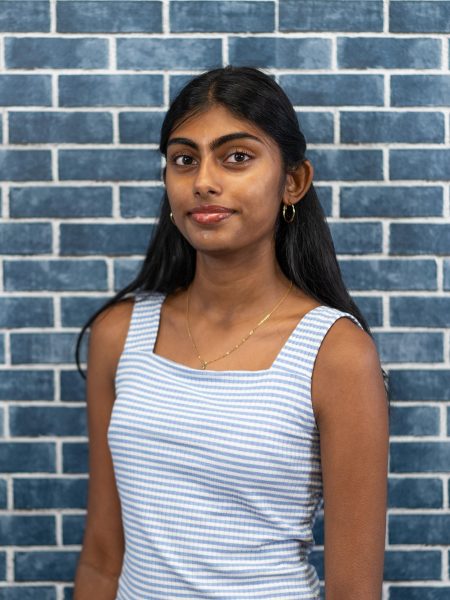
Sahasra Elaprolu is a senior at Emerson High School, and she serves as the Editor-in-Chief for The Charge. Sahasra spent two years as Assistant Editor-in-Chief...



